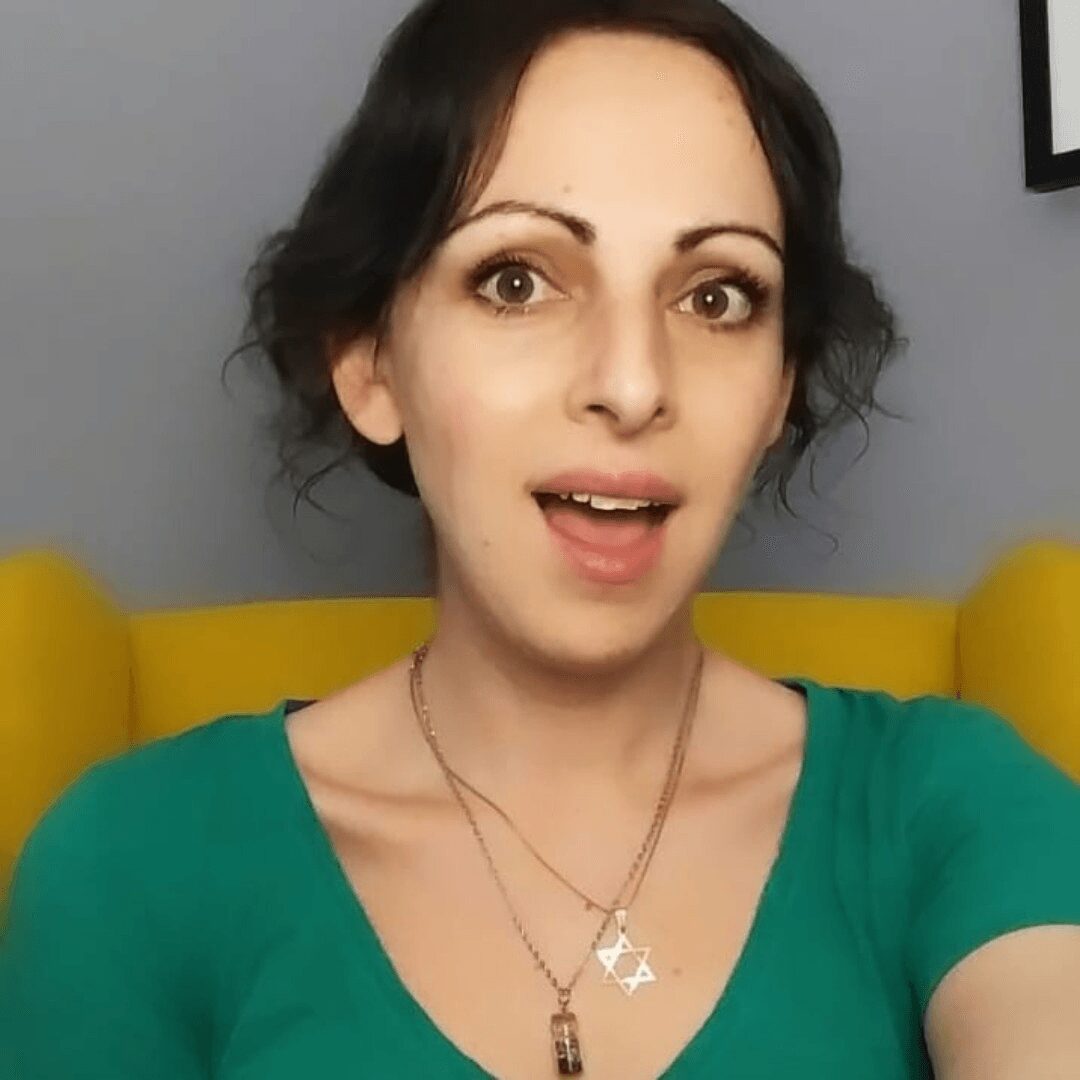We’re excited to introduce you to the always interesting and insightful Koura Linda. We hope you’ll enjoy our conversation with Koura below.
Koura, looking forward to hearing all of your stories today. One of the things we most admire about small businesses is their ability to diverge from the corporate/industry standard. Is there something that you or your brand do that differs from the industry standard? We’d love to hear about it as well as any stories you might have that illustrate how or why this difference matters.
In my experience, there are a lot of people who work in the film industry who fall in the “industry” side of it. The focus is on the bottom line, politics (even just office politics), boardrooms and board meetings, number crunching, and a bit of (in my observation) driving in the ruts of “how it is done.”
When I started working in indie film, I would ask “why” when presented with “this is how it’s done” and I would look at the practicality and actualities of how things go in the world – not just how they look in a power point presentation.
My company, Space Dream Productions has a high standard for the types of people we will work with, the types of stories we work to tell, and how we work to tell them.
For me, when it comes to client services, we work to only take clients who are creating a product or performing a service we support, and we assist them with telling their stories in their voice, while using marketing and PR basics, but not pandering to the algorithm or “trends” (is it really your voice if you’re just jumping on what’s trending)? We focus on the creative side and the storytelling side, and market research is now showing that people tend to connect more with relatable or even just creative content than they do with just blindly following a brand. I mean, how many times have you seen something on Social Media that was relatable and you followed the account because the post was something you want to see more of, or you shared it or even just engaged with it, but had no idea anything about the person who posted it?
Authentic creativity and storytelling go a long way in connecting with people, so our content creation and other creative services for hire all focus on that.
When it comes to filmmaking, I approach things a lot differently than most big studios. For any film we produce, the director is the “keeper of the story.” The producer has certain responsibilities in ensuring the basics of the movie are met (such as, fulfilling agreements with investors, ensuring that the film is the genre it is meant to be, hits a specific runtime if it is aiming for festivals or distribution, is properly executed in a way that makes for easy distribution such as how the post production pipeline is managed and the way files are organized and things like that). But it is the director’s call on anything having to do with the artistic and emotional execution of the story.
We encourage writers to write the bones of the thing – omit camera notes, editing notes, music notes, over-specific direction for actors – anything that doesn’t change the heart of the story we don’t have a writer put in the script. The director does that, in collaboration with the director of photography, and actors. But even then, the director has the final say and guides the whole thing.
This includes things such as casting notes – unless a character’s age, race, sexuality, ability or disability, body type, hair color, etc is actually relevant to the story, we do not put that in our scripts or our casting calls. We cast based on the talent who are the best fit for the role, while tends to open our films to naturally diverse casts.
One of my favorite moments was when we were casting a film out in Hollywood and one of the actresses reading for the final chemistry reads walked in to the casting room and sort of confused asked if she could ask me a question. She commented on the fact that all the actresses in the waiting room were completely different ages, races, body types – none of them looked alike at all – and she wanted to know what we were looking for in the character because everyone looked so different.
The fact that she even had to ask that question tells me so much about how bad it can be in most casting calls.
I simply told her the character is just the person who ends up driving the lead character down a bad path and keeping them there for most of the film. That is a personality type, not a demographic look, and we didn’t care what the actress looked like as long as she embodied the emotional energy of the character, performed well with the lead (who was already cast), and had us believing that she could smile while sliding a knife into someone’s back.
There are tons of other things we do, such as encourage people to speak up and ask questions or comment if they are uncomfortable or not sure about something. We also send out simple allergy and accessibility surveys to all cast and crew prior to filming to make sure we’re not filming someone an actor will arrive and have a huge allergy attack because the owners of the location have a dog. Or someone on set won’t be able to eat lunch due to food allergies. Or some other accommodation that might be needed. We try as hard as we can to make our sets as accessible as possible, including not running super long hours with short turnarounds, breaking for lunch even if we’re not on a union set, following safety standards even if we’re not on a union set, etc.
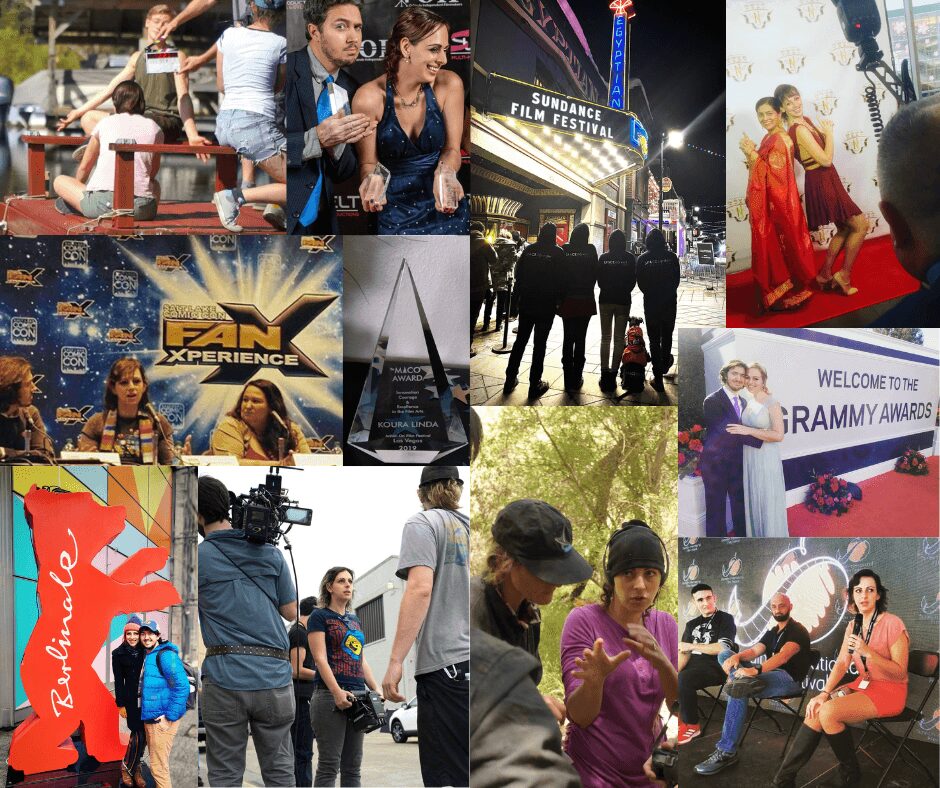
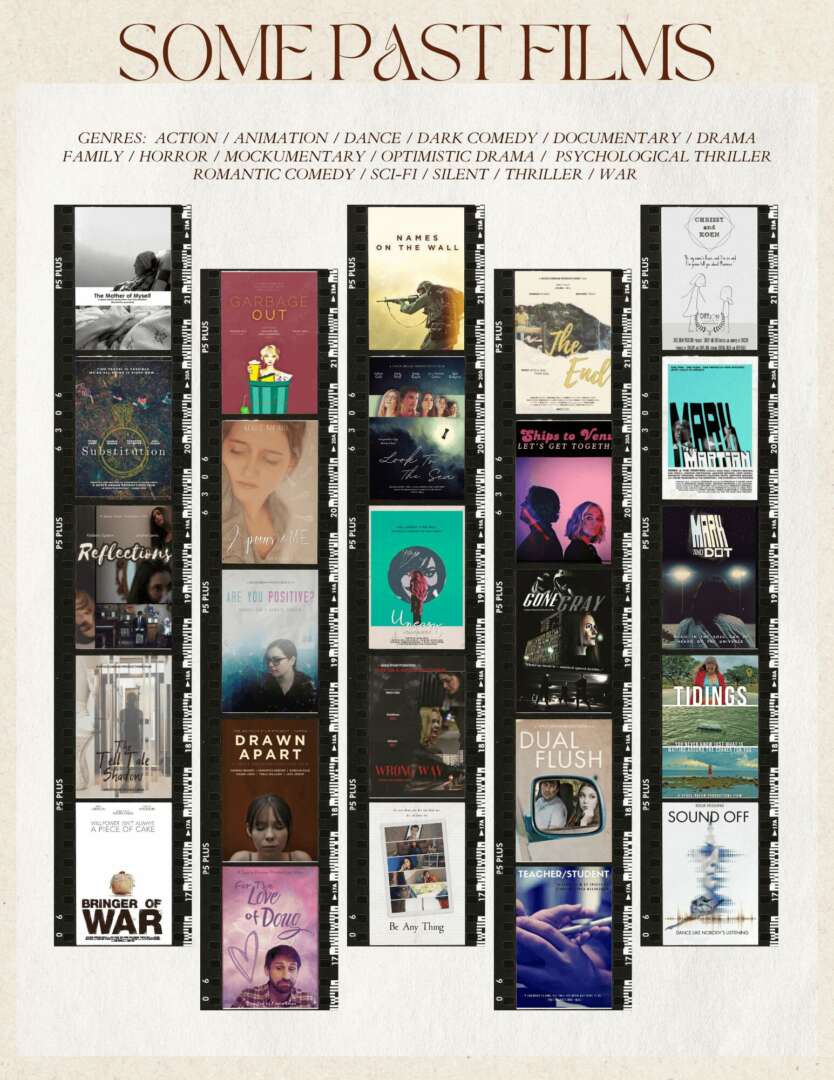
Koura, before we move on to more of these sorts of questions, can you take some time to bring our readers up to speed on you and what you do?
I am one of those “always been an artist” kids. I was painting murals in junior high school, and writing stories and poetry, and acting in plays (and even fully directed a play at summer camp), and played different instruments, and danced – I was just “one of those kids.”
When I grew up I had some incredible opportunities to work in Los Angeles and Hollywood, CA. I became a trained Production Designer and Art Director for stages and live events, I got certified as a Set Rigger and then learned lighting and electric for lighting design, and then started learning camera and through mentorships and shadowing opportunities learned basics about makeup and wardrobe styling and casting and so many different parts of the film industry.
In 2011 I had some medical events that left me in a wheelchair with a question as to if I would walk again. Fast forward to late 2012 and I could walk, but was not cleared to go back to that wild life I had been living. By late 2013 I thought I had lost myself, but had been clinging to some pieces of art through a website called hitRECord. Through it I learned even more about collaboration, and how you can create art with people around the world no matter where you live or what degrees hang on your wall – if you can make art, you can make art.
Dec 2013 I started Space Dream Productions with the intent of producing our first film “Names on The Wall” (then called “Two Soldiers” written by Nick Gambino (who was a new writer at the time). Fast forward to late 2016, and “Names on The Wall” was completed and released into festivals (with much much long stories in those almost 3 years in the middle, including my starting to date and then marry my husband, Spaceship, who I met through hitRECord)!
We won our first “Best Short Film” award, and I won my first “Best Director” award, and an award for excellence in filmmaking in a major genre (along with a flood of other awards around the world).
“Names on The Wall” is now on Amazon Prime to watch!
After so much festival success I wondered if I could do it again. I threw together a short short (more of a webseries episode), filmed in an afternoon/evening, and put that in festivals. That was a half animation/half live action, and we won “Best Animation” at one of the first festivals to screen us!
From there, we just kept making films, while working day jobs around everything.
In 2020 I realized I was spending so much effort to grow other people’s companies, when I had a company that was doing pretty well (all things considered). I had just boomed the Etsy shop I shared with one of my best friends, Callie Gambino, by pivoting to make cloth masks during the pandemic. And I knew I had my own background in business and marketing and why didn’t I use those skills to boom my company?
In 2021 I started working for Space Dream Productions full time, and we started focusing more on providing film services for hire, while also producing our own films in house.
We now have over 2 dozen films that have gone into festivals, 19 of them winning or nominated for “Best Picture” categories around the world. We’ve gotten over 200 award nominations or special mentions, and won around 70 awards.
That volume of production and success is unheard of for a small indie company with no financial backing, no angel investors, and no trust fund child at the helm.
I work really hard to balance business with art, and to be smart about budgeting and resources to keep growing the company.
We now have a complement of in-house staff, contractors, and an internship program where we mentor college students around the country in areas such as film production/running a production company, editing for social media/video/film, social media/marketing/pr for film, and grant writing for film and business.
I personally never graduated high school, yet have college students on bachelors programs at some of the top film schools and colleges across the country applying to work with us because of our success over the last decade.
Because I do now live with several disabilities, we focus on making an inclusive workspace, and as such the company is 100% remote (unless we’re on set or at a festival or otherwise attending a live event or shoot). Our DEI % ranges in the high 90s just organically because of the spaces we foster and support.
With my own background in storytelling, and hands-on experience across literally all filmmaking departments (I have personally worn pretty much every single hat on a film set at one time or another, and not just as a producer covering everything. I have worked professionally in most areas), I’m able to organize and manage productions and projects.
Now that social media content has become such a huge part of the marketing for any person, brand, or business, so many people need content creation support, so we provide that for clients on monthly contracts.
Our most popular services are our post-production services (mostly editing), however we also have clients who we work with on bespoke content creation services either from scripting and filming to generalized direction and editing.
We partner with marketing agencies and marketing professionals to help edit the content they create to their specifications, or we work directly with the person, brand, or business to get an understanding of their story and their mission, and then help construct direction for their content.
Being a storyteller means I can listen to someone share their story, and help translate that into the best way for them to connect with their audience and share their story with the world.
And because we’re multi-award-winning filmmakers with an established team and collaborative network, we can support film projects at any phase by coming in as a team for hire either to direct, produce, edit, design the poster, help with the pitch deck – whatever is needed.
We actually just won 2 Telly awards with one of our clients, “This Ability Clinic” – a YouTuber and social media content creator who focuses on disability advocacy for both healthcare professionals (they’re a doctor), and for people with disabilities. The Tellys were for Diversity, Equity, and Inclusion, and for Social Activism!
I also offer consultation services by the hour for people who need more generalized support, or who don’t totally know what they need yet and need help figuring it out (and fellow creatives and small business owners can book a 30 min free consultation on our website – no strings – just help).
Space Dream Productions is a zebra company, which means we value community, sustainable growth (meaning viable for long periods of time and going into the future, not just recycling), and mutual success for those we work with. We know there are billions of people in the world, and no shortage of creatives or those who need creative services, so collaboration is at our core. Those values influence everything we do, and help me stay focused on not just the bottom line, but also the value of the services we’re providing to people and the quality of the films we’re putting out into the world.
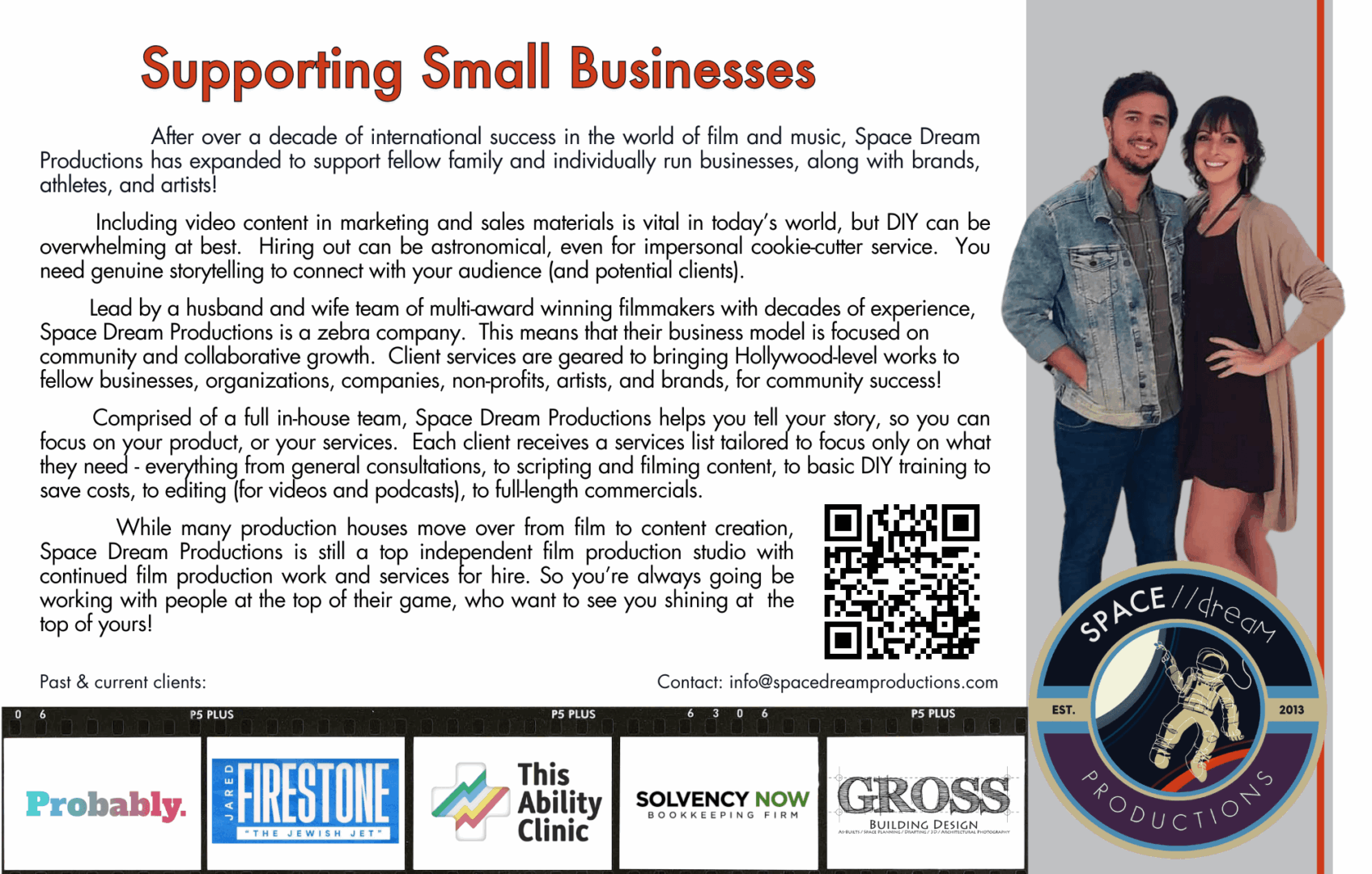
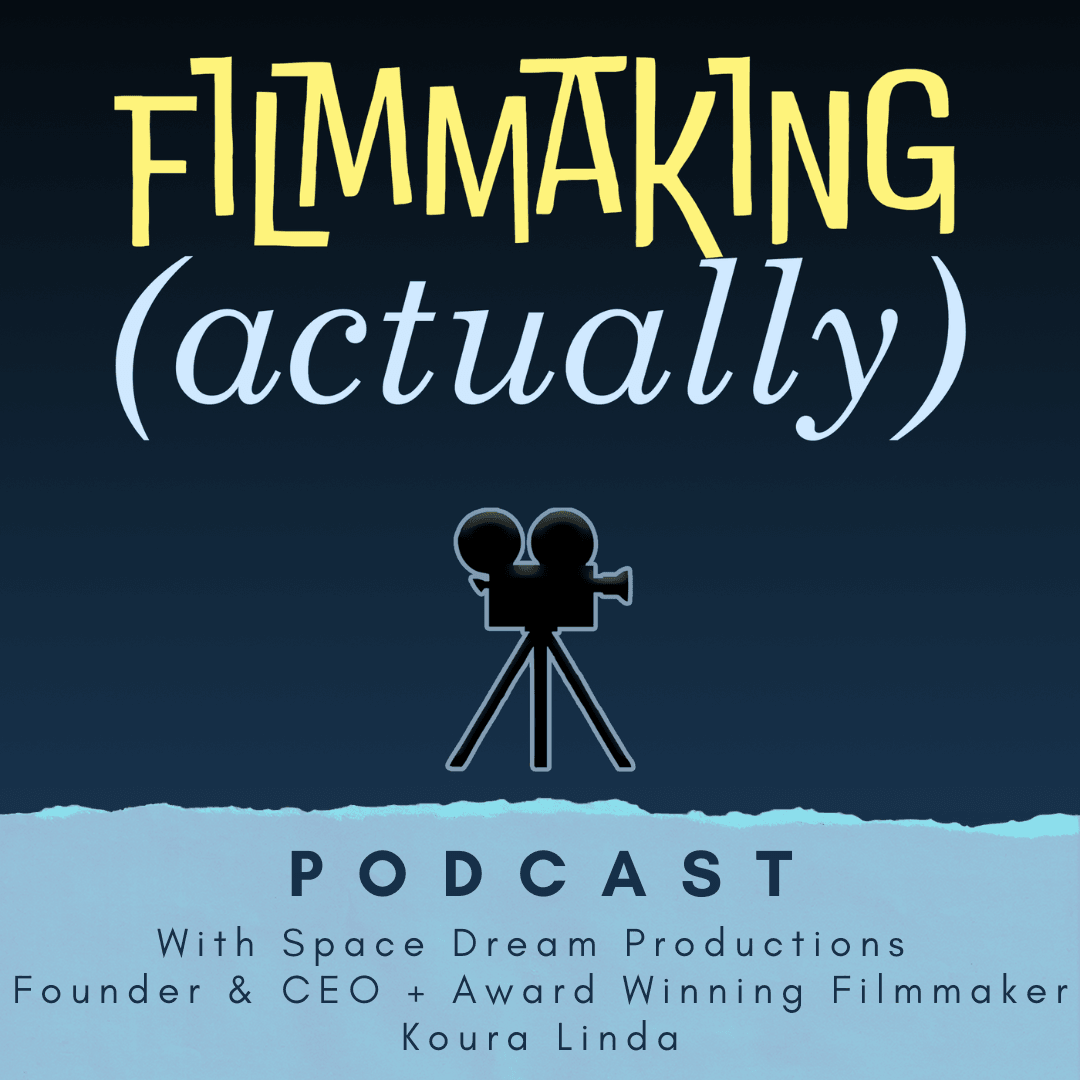
We often hear about learning lessons – but just as important is unlearning lessons. Have you ever had to unlearn a lesson?
I keep having to unlearn the idea that the world is so specific in different ways. It’s not. But it is drilled in so hard that in order to succeed you must be a certain way or do a certain thing. However, so many of those things fall apart as soon as you put it to a practical test.
Of course there are some things (like taxes, and legal compliance, and turning the camera on when you start filming) which are pretty basic and stay the same no matter what.
But beyond that, so much of the world breaks down when you ask “wait, why?” and then follow that conversation down the path and see where it goes. More often than not, the answer is “because” (which is not an answer).
Things like, for filmmakers, we’re used to getting the short end of the stick when it comes to film investment contracts – everyone and their mother takes their cut before the people who actually made the film get anything.
I wanted to change that on our contracts – if someone worked for free or for next to no pay or even just for a cut rate on a film, and that film has now turned a profit, they should be at least paid for their work before people collect the “profit” of that work.
One of our (former) lawyers spent about 30 minutes arguing with me because “no one does that.” I kept countering with I don’t care if no one does it, it is wrong and unfair and bluntly criminal to those who are doing the hard work of making the movie happen in the first place and those people should at least be contacted and offered a fair salary for their contributions before someone else gets rich off the results of their work.
Finally I just directly asked if there was some sort of law or regulation I would be violating if I put it in the investors’ contract that the first people to be paid from the proceeds of the film must be anyone who worked for low or no pay, and then other people could take their % split of the earnings. Of course I would note that if the investor doesn’t want that clause, they can always just invest enough money for people to be paid fairly upfront and then nothing would be owed in the first place. Yes, the investor invested the cash to get it going, but the people invested their time, without which the investor wouldn’t have a completed film to collect a profit on.
The reply from the lawyer was no, there was no legal or regulatory issue. Just “no one does that” and it is “unusual.”
I said I’m sorry being a good person is unusual but I would like to change that and unless there is a legal reason not to, we’re putting that in the contract.
Needless to say, I also requested to be refunded for the 30 min argument (as I didn’t feel fair for my company to pay for someone to argue with me because they disagreed or were uncomfortable trying to change the status quo when their job is simply to advise on legal matters). We were refunded, and we got a new lawyer who is awesome to work with and limits their involvement to what is legal and what is illegal.
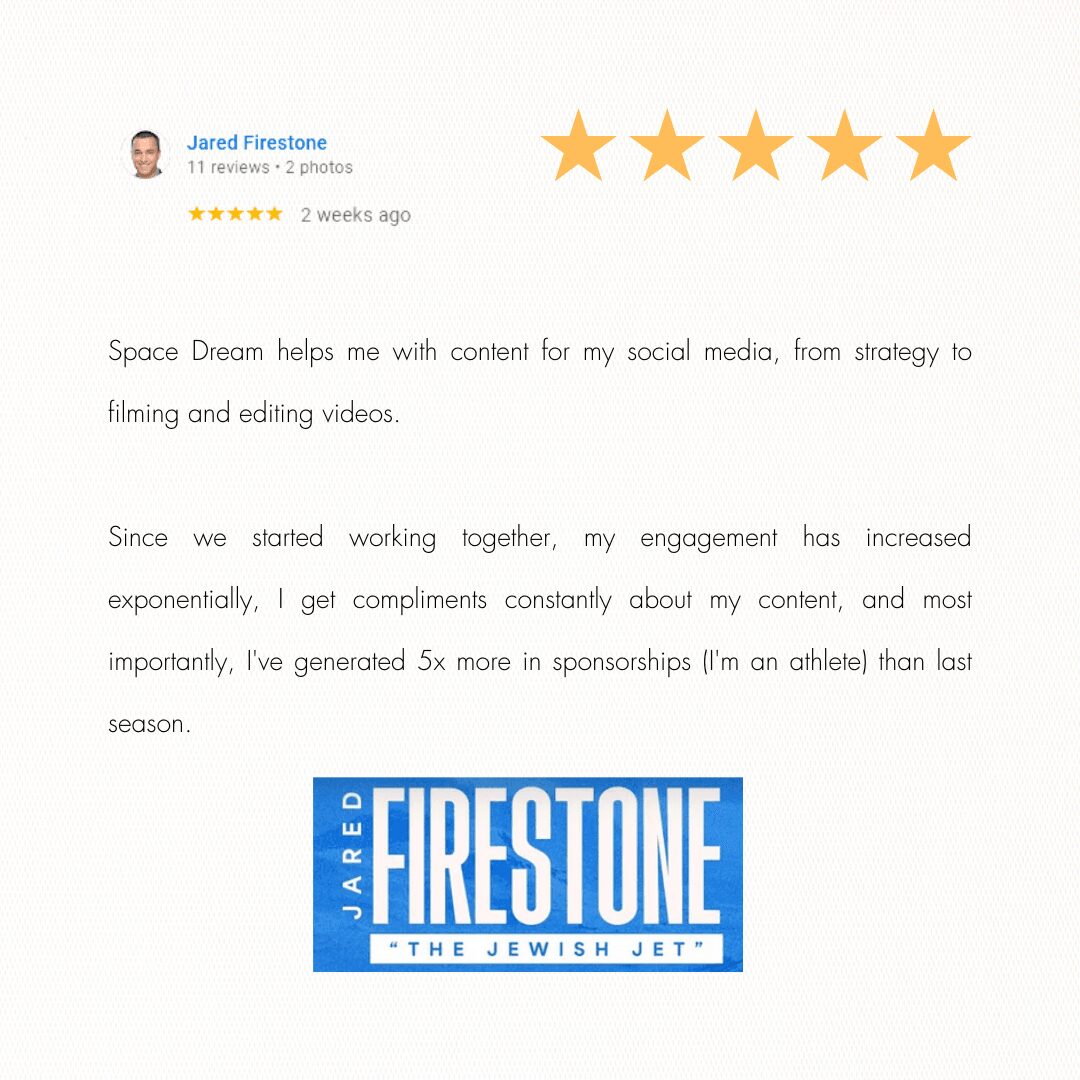
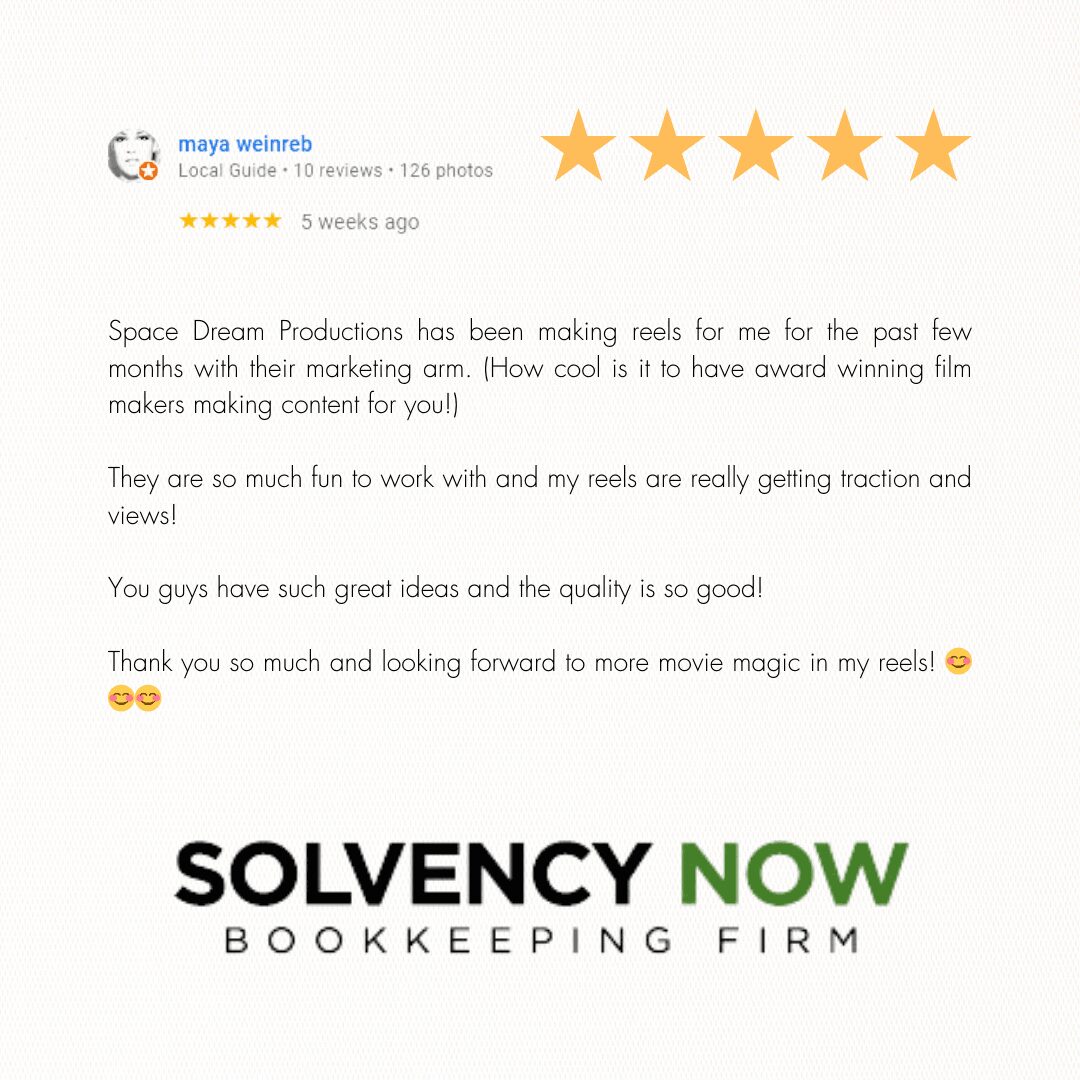
How do you keep your team’s morale high?
I think the best advice I would give is remember why you’re there. The company is a company. Its job is to do a job. Meaning it isn’t a family, people are paid to be there, and paid to do their job. If they do their job they should get paid, and if they don’t you should find out why and fix it.
Not every fix is firing people – but sometimes it is. Thankfully we almost never have to fire anyone.
I always try to treat people like human beings first, and then employees second. We have a firm policy of standards expected by our team, and those are documented in various company policies and handbooks which are read as part of the onboarding process for any position.
There is no air of mystery about what will get you sent to HR, or what we expect from anyone in any given role, or how quickly you will or won’t get in trouble depending on what happened. We keep it all really transparent.
I work really hard to make a safe space where people can ask questions, we encourage people to learn and grow.
We have a firm policy that no one can step in at an executive level who has not worked in a lower position in the company first. All of our executives have been promoted from within (my assistant actually started as an intern years ago, then came back as a temp, then as an employee as my assistant). This is because we want people who are familiar with us, our clients, our standards, our values, and how we run our team to be the ones running our team.
When something goes wrong, we always ask what happened. We expect people to be accountable, but we also know that sometimes the person next to you or below you or even above you can mess up and it can make it look like you messed up. So we start with conversations.
We keep schedules super flexible, and focus on people getting their job done. When people are being awesome and their work and performance is exemplary, we go easy on them, approve extra vacation days and time off, and in general just support them in doing their job and living their life.
If someone is struggling, we make sure they have the training and establishment they need, we make sure they have the support and team around them to do well, and if they have gotten lots of that support and are still struggling, we put them on a very transparent probation with a named end goal and a limited time frame to strengthen the areas they are struggling in.
We do performance reviews so it is always transparent how we see people’s performance, areas of weakness and strengths. And for programs like our internships and even for our clients, we have exit surveys for feedback on their experience (that we take seriously).
If someone is struggling, we try to support them best we can. We actually have hardly ever had to fire someone. And the very few times that we have, it is always after lots and lots of conversations to understand what is going on and try to support them and the fixes just aren’t fixing.
Of course we also internally share good news, positive reviews, rave client feedback, and do things like set company-wide goals for extra days off around holidays, and try to give 4 day weekends (nothing is less productive than coming in on a Friday when Thursday is a holiday).
We also offer small birthday bonuses to staff who have been with us for over a year, along with commissions and bonuses for sales, administrative, and marketing staff.
We’re still a fairly small company but we also have company perks like access to MasterClass for all staff, and access to resources the company gets due to paid memberships that we forward (like grant opportunities, workshops, webinars, etc).
Overall we work to remember that our job is not to be therapists or buddies – our job is to do our jobs. So we focus on that. At the same time, we keep in mind that we’re all in this together, we want to see the company do well, we want our staff to do well, and we’re all responsible for our areas while working together to achieve the mission of the company.
Contact Info:
- Website: https://www.spacedreamproductions.com
- Instagram: https://www.instagram.com/spacedreamproductions/
- Facebook: https://www.facebook.com/spacedreamproductions/
- Linkedin: https://www.linkedin.com/in/kouralinda/
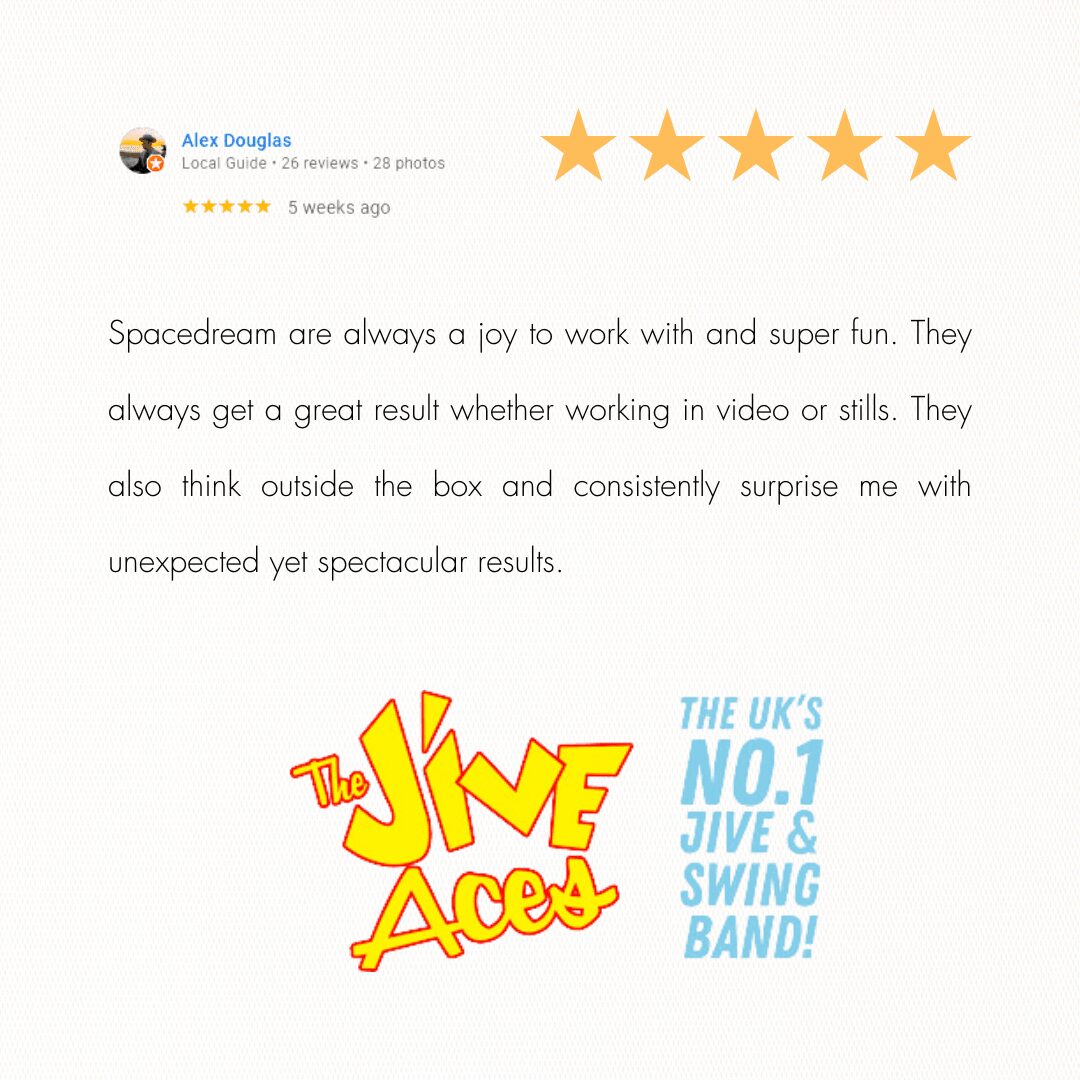
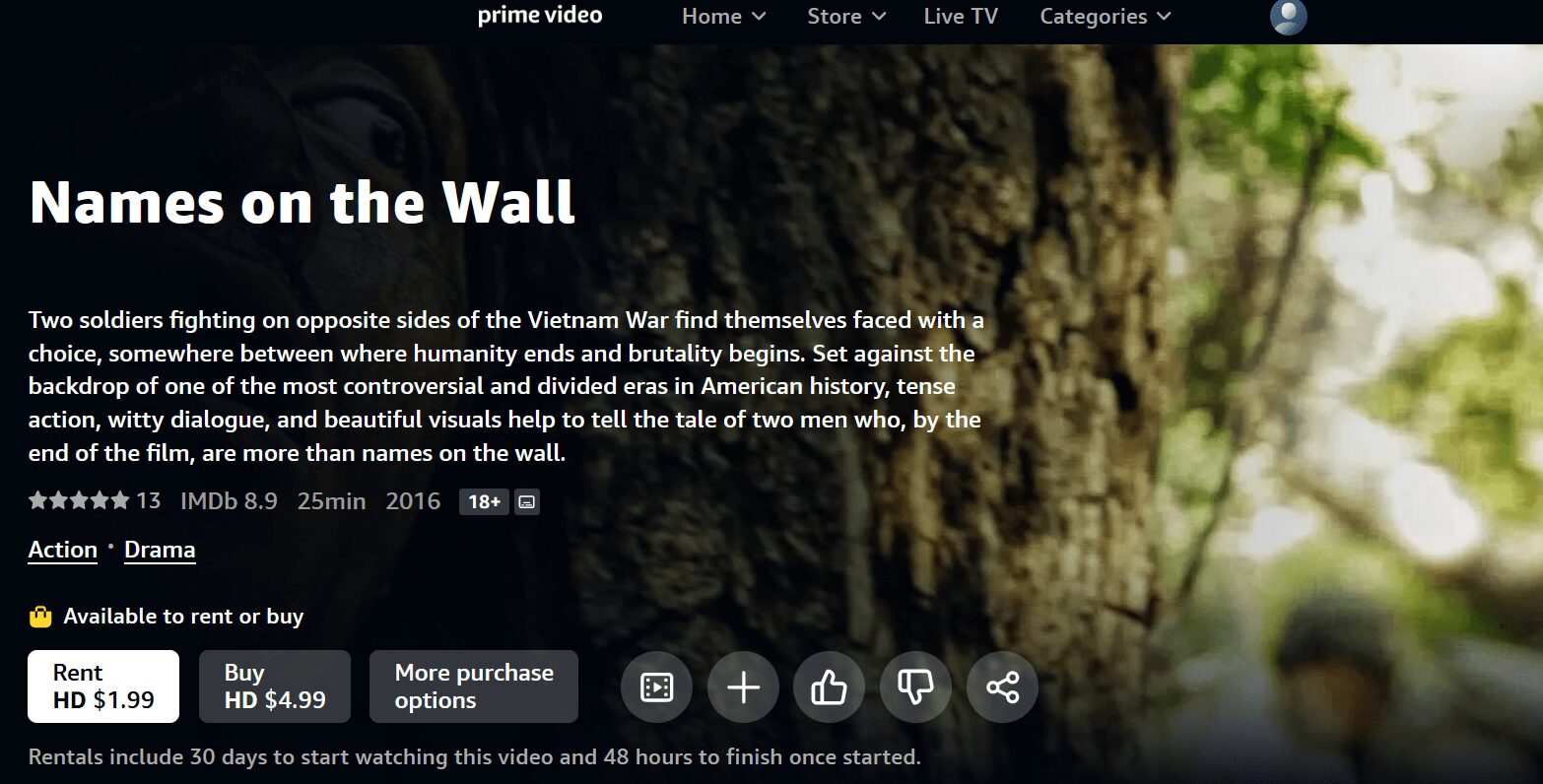
Image Credits
(N/A)


